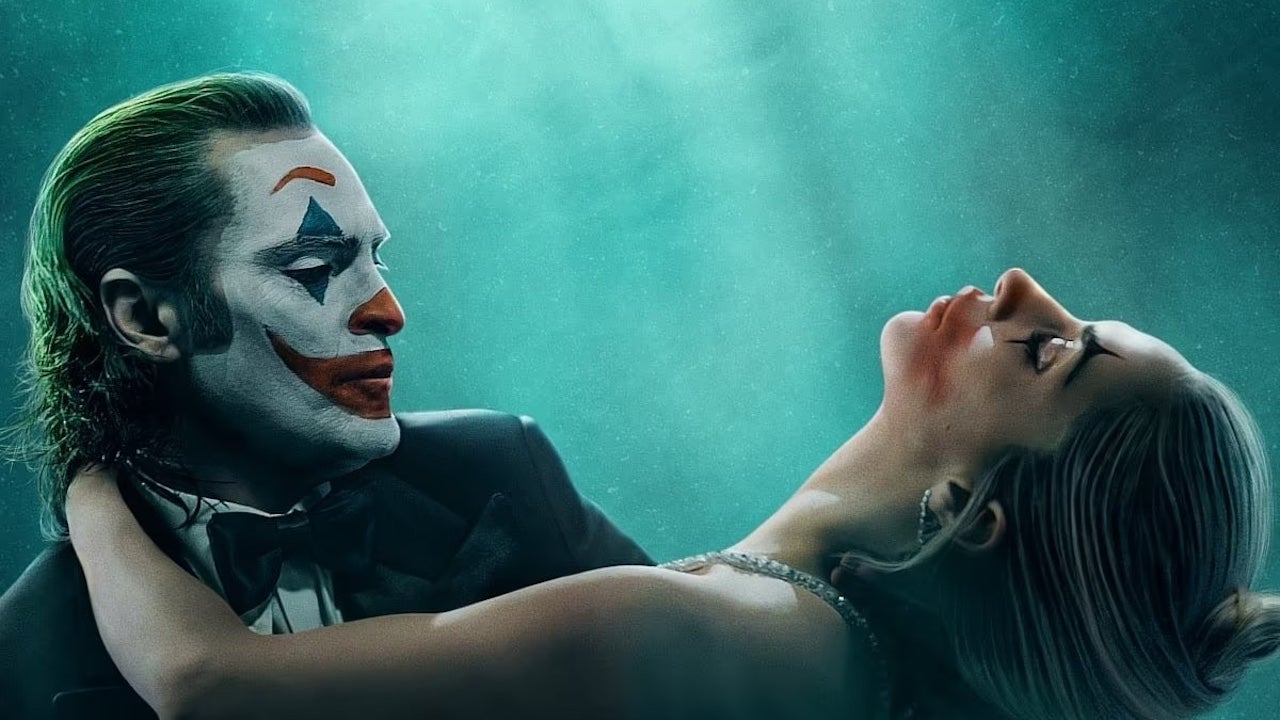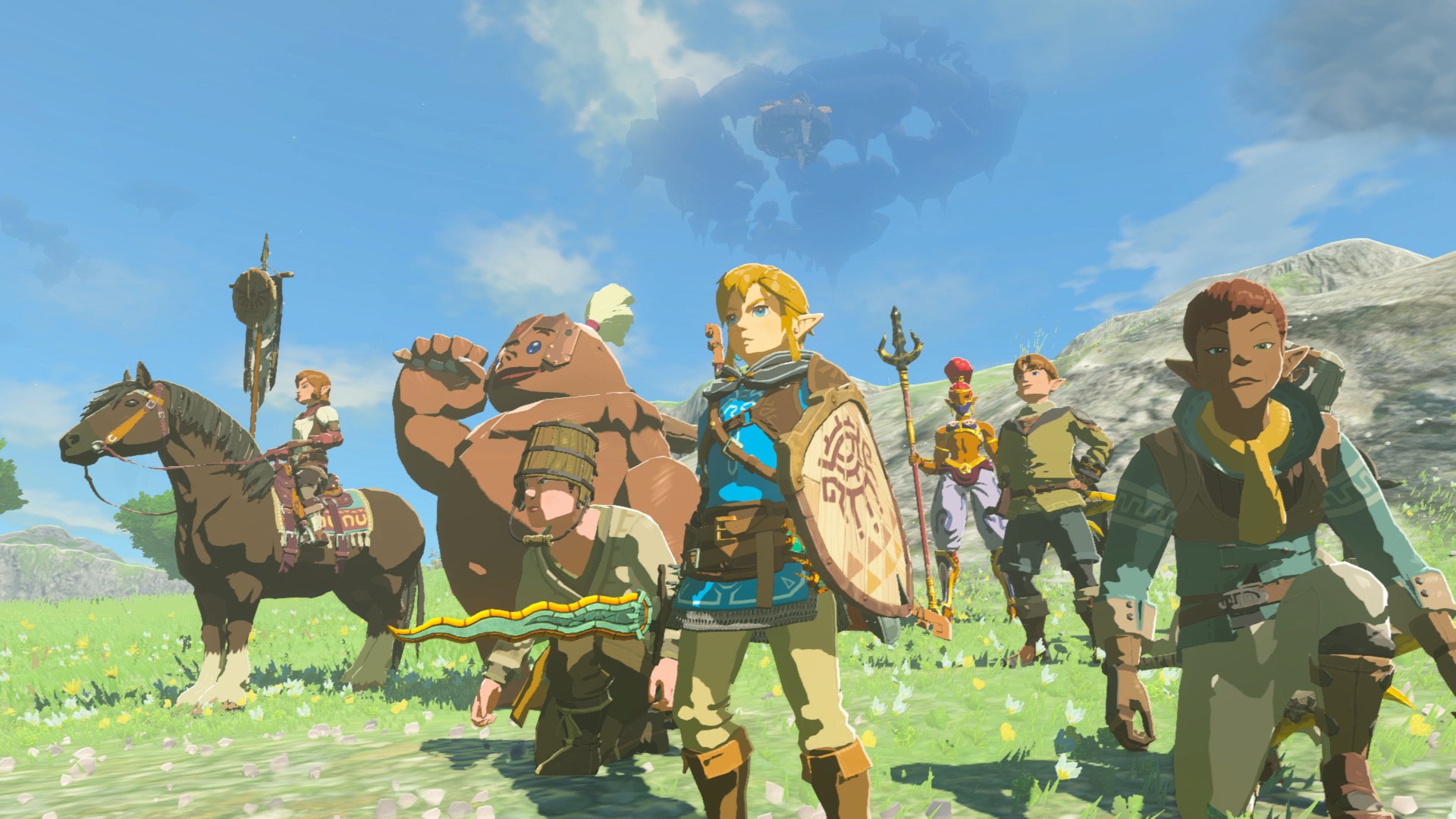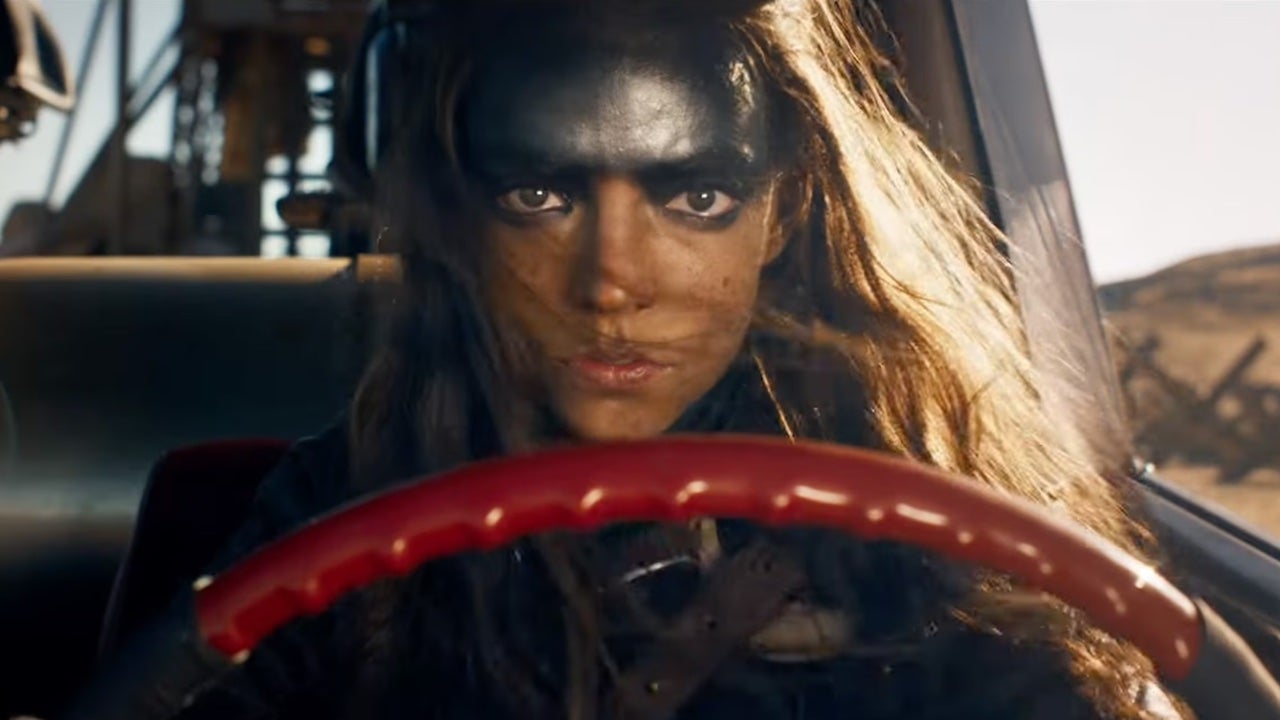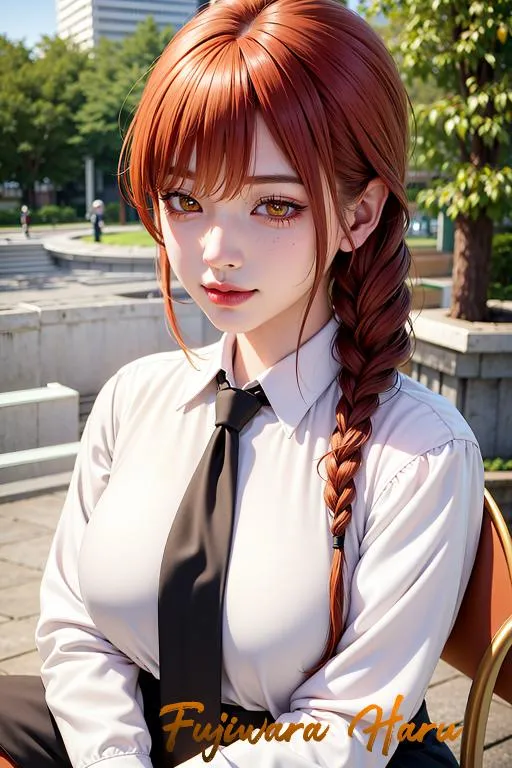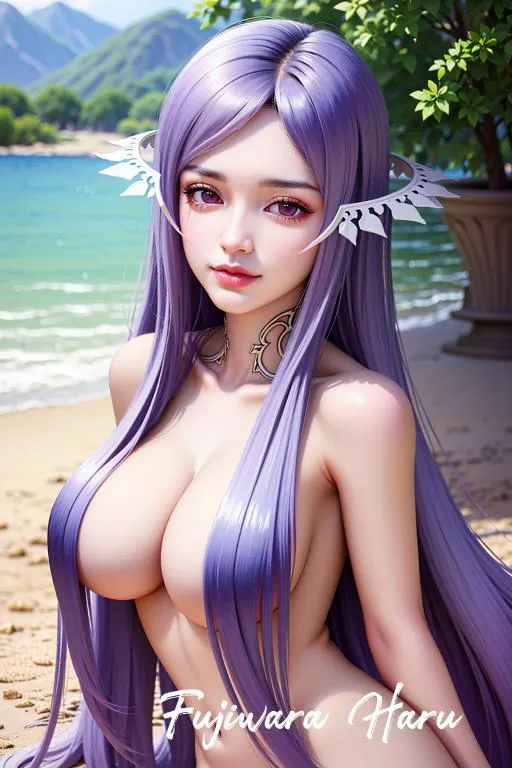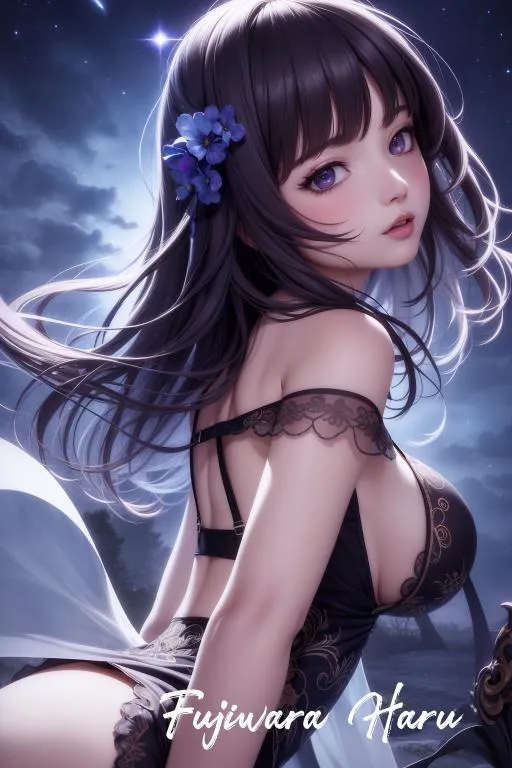Elvis Presley, a poverty-stricken truck driver who became one of the most famous people of the 20th century, once said of being a pop culture icon, “The image is one thing and the human being is another. It's very hard to live up to an image, put it that way.” In his own way, Arthur Fleck – the protagonist of 2019’s Joker and its upcoming sequel, Joker: Folie à Deux – can relate. After all, he was just a struggling comedian and party clown until he unintentionally inspired an anarchic social movement through his Gotham City murder spree. In the sequel, Arthur is a supervillain to some and a superstar to others.
“I think that in the first film, he was really desperate to be heard and he had this misguided idea of being heard. I think initially he just wanted to be heard by a social worker, and then at some point it got perverted in a sense and he wanted mass recognition,” Joaquin Phoenix, who won the Best Actor Oscar for Joker, recently told IGN. “This is in some ways the fallout of that, the idea of celebrity and what do you do when you've created this image in this character and you have to live up to it.”
Phoenix used different rock stars than Elvis to illustrate his point. “What do you do if you are in a band like KISS or something and you've created this character and you have to go out on stage and there's all these pyrotechnics and you do all this theatrical shit, and then at some point you're like, ‘I want it to just be quiet because I want to be myself?’ What happens if somebody's falling in love with you as that character, and how do you live up to it?
“It's something I think that we all do in some ways, or we all present this image as we go about the world. And sometimes you're just like, ‘I just want quiet.’ And I was curious, what would happen to somebody that's made so much noise in the world if he just wants quiet, he just wants an authentic connection with somebody? I think that was part of the inspiration of this.”
(They Long To Be) Close To You: Joker’s Fans
The first Joker film ended with a cult of personality forming around Joker, with violent protests engulfing Gotham City in chaos. The latest trailer for Joker 2 reveals that Joker’s followers didn’t just violently riot in Gotham but nationwide. To his following, Joker is a near-messianic figure, a revolutionary and martyr whose clown visage they’ve adopted in protest against the institutional corruption keeping them down. But it’s not until the events of this sequel that his believers will start to know the real man behind the makeup, Arthur Fleck. Will they like who they find?
“I think they wanted Joker, and I think he realizes that at some point,” Phoenix said. “I think there's a moment where maybe he regrets the choices that he's made, maybe.”
Todd Phillips, the director and co-writer of both Joker films, echoed that in a separate chat with IGN. “It's kind of this idea of when somebody becomes an icon, and we put things on that person as a group, as a society, as a media, as whatever. We put things on that person that maybe they can't live up to. And then, what happens in the worst case scenario, if you finally find love in your life or you think you do, but that person is in love with the character that you represent, not the person that you are.”
That person who falls in love with Joker is Harleen “Lee” Quinzel, played by Lady Gaga. Lee is a fellow patient at Arkham State Hospital when Arthur first meets her, his biggest fan and a kindred spirit. It’s (mad) love at first sight (although there are plenty of fan theories about what’s really going on between them in the film).
“I think he's probably maybe a bit more closed off initially. Certainly, I don't think he has the expectation that he's going to have any kind of connection with anybody. Definitely, it's unexpected,” Phoenix said. “What's nice is Lee comes in and we see him come alive in that moment and through music, and we see this moment where they see each other. And there's something hopeful and really exciting about that that feels different than the first film.”
Bewitched (Bothered and Bewildered): Joker & Harley
As Lady Gaga recently told IGN, “Joker is the thing that gives Arthur wings and Lee pulls that out of him. In a way, she's helping to give him wings as he embraces a side of himself that makes him feel less afraid. It's almost to me like the way he protects himself.”
Lee was drawn to Joker by his violent indignation toward a society that has abandoned or outright ignored troubled souls like him. “She's one of those people that got taken by his message on Murray Franklin,” Phillips explained, citing Joker’s on-air rant and subsequent murder of the talk show host played in the first film by Robert De Niro.
“It happens all the time with good and bad people. And I don't know that it was his celebrity that she was attracted to. I think she was attracted to the message or what he was putting out there, even though he kind of did it in a very left-footed way ultimately,” Phillips said. “I don't think it hurt that he was famous too. I mean, you see it in culture. Like, people, they start writing letters to that person. She's kind of that. She fell in love.”
Gaga, who refers to her iteration of Harley Quinn as simply Lee, said her character’s passion for Joker is all-consuming: “I would say that Lee's love of Joker, it borderlines on moments that she knows exactly who she is and moments where she's erased herself because she is so madly in love and obsessed with this person and that makes them very different. Lee would do, say, act, behave in any way that she needed to get his attention, to keep him, to be close to him.
“I think what she craves more than anything is Joker. I think this entire film, she is doing everything she can to pull Joker out of Arthur Fleck. That created this really interesting look into her life and her psyche. At any given moment if he was more Arthur than Joker, how did that make her feel? If she noticed something that he did that felt like Joker, what did that do to her? Sort of creating a woman that's constantly scanning for the thing that she really loves, and also that's a completely unique story.
“He's this person that's really complicated in the world of Gotham, that so many people really identify with him and are cheering him on. Some people are terrified of him and want him to go to jail. That is a complex situation. I tried to focus on how to make that as real as possible, because I thought that that would be the most honest way to honor a female character and also, just to honor the language and the story of this film.”
The House of Gucci and A Star is Born actress believes Joker: Folie à Deux “really asks you to sort of grapple with the masks that we all wear. Also, what is danger and what is not danger, and also the way that we can love parts of each other. Does she love the whole him or does she only love a part of him? Does he love the whole her? What is their capacity even to see each other? Are they just swept up in this tornado that's happening? For sure, identity is a huge piece. I think for my character also, I'm interested to see what the fans of Harley Quinn feel about the way that I explored that sort of dichotomy between Lee and Harley Quinn and how it also played into Joker's fantasy of love.”
Gonna Build a Mountain: Reimagining Harley Quinn
Gaga did her research on Harley Quinn once she landed the role, even if she ultimately chose not to use certain aspects of the character that fans of Batman: The Animated Series and Margot Robbie’s prior screen incarnation might expect.
“I made myself very familiar with her and also I tried to make sure that even when I was seeding things that were true to that piece of her character, that I was also really focused on this story and the love story between these two and allowing that to be also unique and how could it draw upon all of that, but also be different and rare to this story,” said Gaga.
As for Harley Quinn’s trademark thick accent, Gaga – a New York City native – decided not to go that route. “I didn't think that it made sense for this story and for this film in sort of the vocabulary and the language of this movie. I think I felt like I have all the native New Yorker in my bones. That's a part of her on a cellular level. … I really tried to inject as much humanity into this story as I could with these two kind of larger-than-life people.”
Phoenix, who also sang live opposite Gaga in several musical sequences throughout the film, praised his co-star as “a warm and supportive person,” which helped ease any nerves he may have felt singing alongside a global pop star of her magnitude. “I'm more aware of her in some ways, more aware of her super-stardom now after we finished the film than during shooting. She's so approachable and warm that it felt like a partner in something more than I was auditioning in front of this immense talent. I never really felt that way.
“Most films work when actors are challenging each other and you're challenging yourself and trying to find things in the character that feel explosive and exciting in there,” Phoenix said. “Something about what happens when you get these two characters in a relationship, how combustible can that be? And there was something really exciting about that, I think. We just wanted to capture the kind of danger that's inherent in these characters and what happens when they actually get together.”
Audiences can experience the danger that happens as Joker and Harley Quinn get together when Joker: Folie à Deux opens in theaters on October 4th.
For more Joker coverage, find out what Arthur Fleck would think of Batman and about Lady Gaga’s “Harlequin” companion album.
Editor’s note: These interviews have been edited for clarity.
